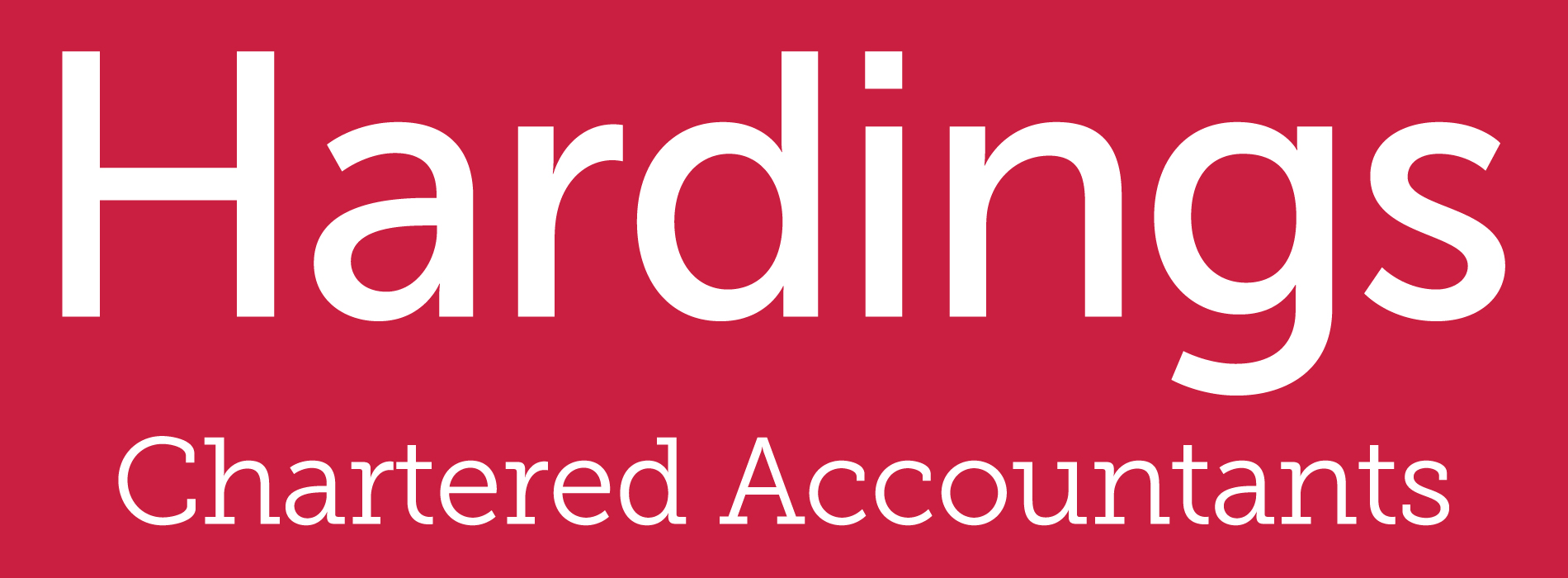Draft legislation for the Finance Bill 2025-26 confirms a major shake-up to Inheritance Tax (IHT), affecting estates that include business assets, agricultural land, and pension funds. The proposed changes, announced on 21 July, aim to tighten reliefs and bring more value into the scope of IHT. The impact could be significant for business owners, farmers, and anyone planning to pass on unused pension savings.
Cap on business and agricultural relief
From 6 April 2026, the amount of business or agricultural property that qualifies for 100% IHT relief will be capped at £1 million per individual. Anything above that limit will only receive 50% relief. Previously, there was no financial cap provided the assets qualified under the relief rules.
This new cap will apply across both Business Property Relief (BPR) and Agricultural Property Relief (APR), including assets placed into trust. If multiple trusts are involved, the £1 million limit will be shared between them in date order.
For many family businesses and farms, this may mean a higher IHT bill on death or on certain lifetime transfers. The government has confirmed that a ten-year instalment payment option will still be available to help manage large tax liabilities on qualifying property.
Pension pots to become liable for IHT
A further change is due to take effect from 6 April 2027, bringing most unused pension funds into the IHT net. At present, many pensions fall outside of IHT rules, but from this date, personal representatives will be required to report and pay IHT on the value of pension savings.
While death-in-service benefits will remain exempt, other pensions may now face combined tax charges where IHT and income tax both apply. Some estimates suggest that the overall tax burden could be as high as 67% in certain cases.
Transitional rules and planning considerations
Gifts made after 30 October 2024 could also be caught under the new rules if the donor dies within seven years. This transitional provision may affect individuals who have been actively planning to pass on business or agricultural property in their lifetime.
Planning ahead
These changes highlight the importance of regular estate planning. Business owners, farmers and those with pension wealth should now review their plans. Early action may help to protect family wealth and reduce tax exposure under the new regime. Professional advice is strongly recommended.
